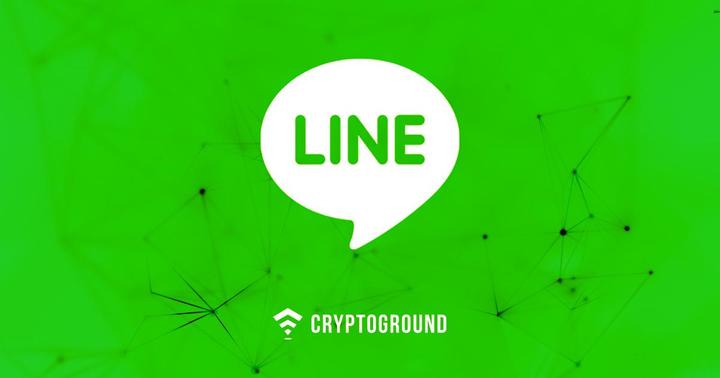Japanese social mammoth LINE has revealed it's plan to launch 5 new decentralized applications (DApps) and a CryptoCurrency.
Line has 214 million user base with over 30+ million already using their payment protocol - Line pay. The organization said in a public statement that A Dapp for prediction, Q&A, Product Review, location review, and food review will launch in upcoming weeks.
The dapps particularly will be called:
1 - Wizball, A Q&A platform which rewards clients for replying to questions;
2 - 4CAST, Which enables users within the community to predict the future.
3 - Pasha, it rewards clients for posting product reviews (Scheduled in 2018)
4 - TAPAS, which likewise remunerates clients for posting food reviews. (Scheduled in 2018)
5 - STEP, which rewards clients to share their trips and outings. (Scheduled in 2018)
The Dapps for reviewing will be released anytime in 2018. As of now Wizball and 4CAST are in their beta versions and are going to take time to release.
Also read: Latest Cryptocurrency and Blockchain News
Line will similarly Roll-out it's token offering called as LINK out of Japan to other countries except for the U.S. through its Cryptocurrency exchange BitBox. Line also has rolled out a separate coin only for Japanese residents dubbed as Link Point.
Link Point will be issued as an impetus to clients of LINE's new DApps, and can't be exchanged on the BITBOX trade, because of administrative limitations. As of now, BITBOX has not yet gotten an authority working permit from Japan's financial watchdog, the Financial Services Agency (FSA).
Link Point can still be utilized for DApp services or can be exchanged for "LINE Point" tokens, as a feature of LINE Pay. The present public statement expresses that the value of one Line Point is estimated at one yen.
An aggregate of 1 billion LINK Point and LINK are to be issued, of which 800 million are to be circulated to clients of the LINE token economy, and 200 million to be held by LINE as a reserve.
The tokens will frame some portion of LINE's new token economy, which depends on the association's in-house blockchain network, LINK Chain. LINE says the project aims to “flatten the relationship structure between users and service providers,” in a bid to encourage “mutual growth.”
























